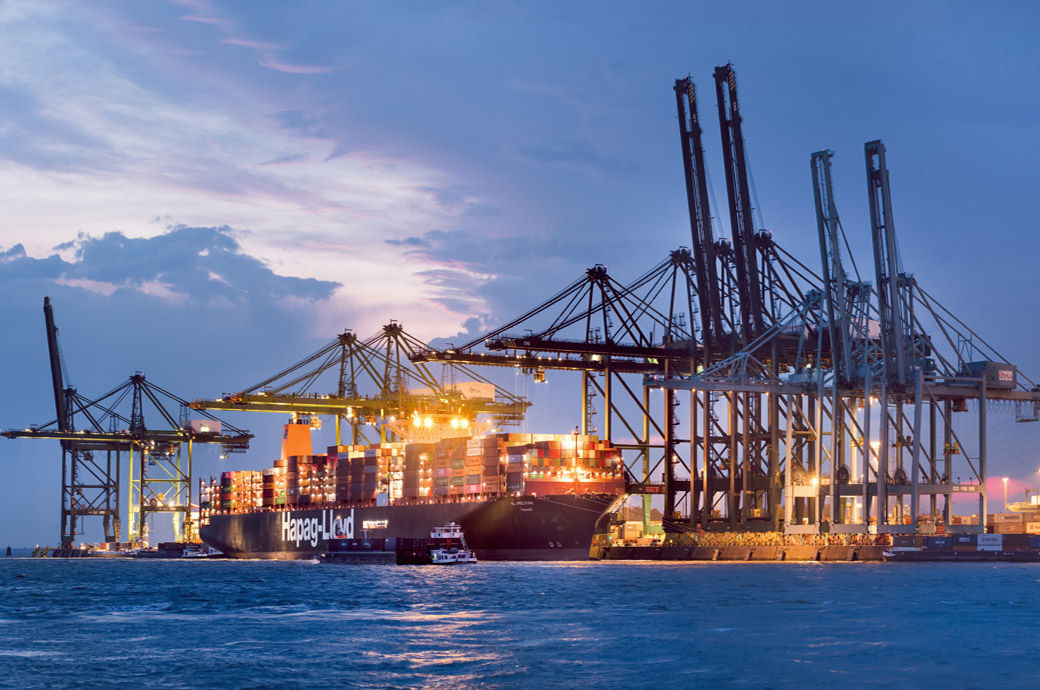European seaport operators' margins under pressure: Fitch Ratings

Insights
- European seaport operators are facing rising costs and lower revenues following macroeconomic headwinds, which will squeeze their margins in the short and medium term, Fitch Ratings has said.
- Profitability is expected to gradually recover, supported by the longer-term economic rebound and steady tariff rises.
- Operators are likely to lose economies of scale.
The rating agency expects profitability to gradually recover, supported by the longer-term economic rebound and steady tariff increases.
The European container throughput index has dropped by 15 per cent from its peak in 2Q21, while the global index has stagnated. Slowing economic growth and a decline in goods consumption post-pandemic with consumers reversing to spending on services have affected ports’ performance.
This has been exacerbated by slowing trade in Europe due to the Russian invasion of Ukraine. The main European gateway ports recorded a decline of 5-15 per cent in throughput this year.
Given a bleak demand outlook for Europe, Drewry forecast recently that the average utilisation of European ports will be just 55 per cent in 2027 from 56.3 per cent in 2022.
Port congestion eased considerably in 2022 and early 2023, and Fitch expects this to continue in late 2023, reducing additional storage revenue from which port operators benefitted during the pandemic.
Operators are likely to lose economies of scale due to lower volumes as utilisation rates will become suboptimal, resulting in reduced earnings per move, Fitch said in a release.
Fitch does not expect ports to be able to fully pass on inflation to shipping companies through tariffs in the near term due to a steep decline in freight rates from their pandemic highs seen in 2021. Smaller and secondary ports even need to offer discounts to attract volumes, so their profitability margins will be more affected.
Port operators also face rising labour expenses as the cost of living crisis and nearly full employment have led to demands for higher wages and increased risks of strike actions, potentially extending dwell times and increasing costs per move.
Fitch expects port operators to reduce or postpone uncommitted capital expenditure plans due to pressures on profits and cash flows.
Fibre2Fashion News Desk (DS)
































-Ltd..jpg?tr=w-120,h-60,c-at_max,cm-pad_resize,bg-ffffff)





.jpg?tr=w-120,h-60,c-at_max,cm-pad_resize,bg-ffffff)
.jpg?tr=w-120,h-60,c-at_max,cm-pad_resize,bg-ffffff)






